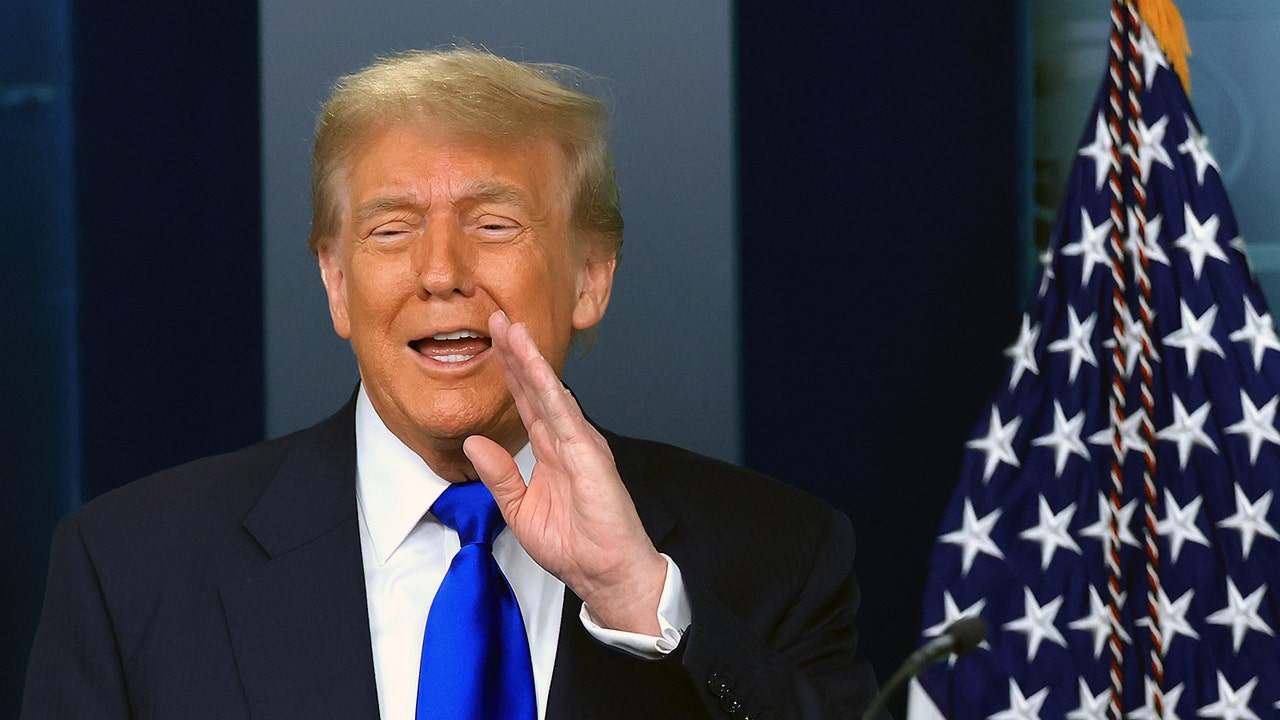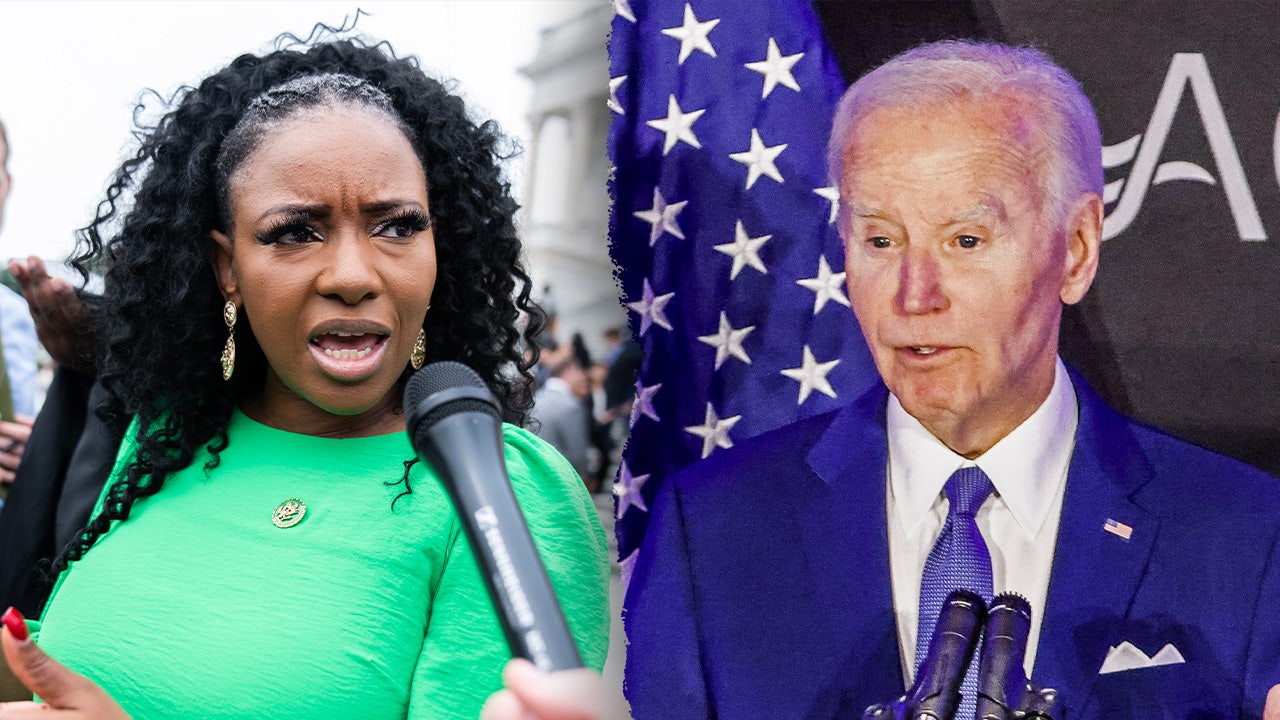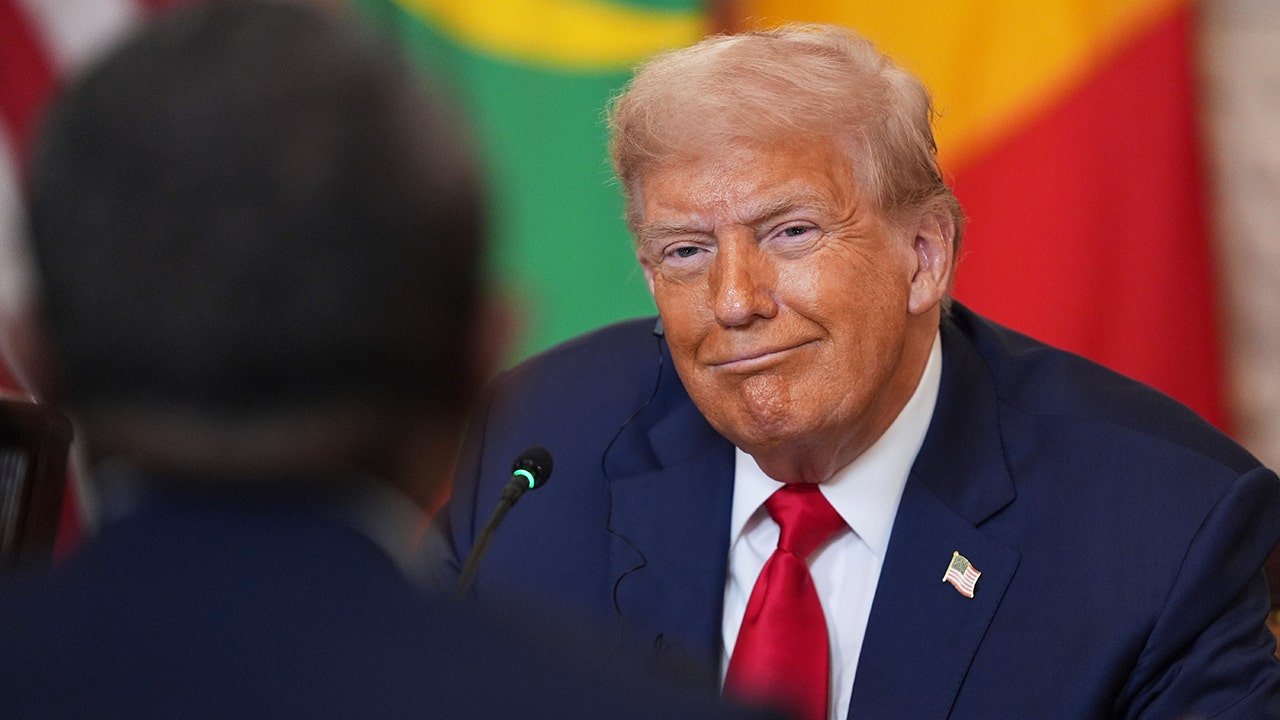Supreme Court grants Trump immigration win in migrant deportation case

The Supreme Court handed President Donald Trump a significant immigration victory by allowing the deportation of eight migrants from Djibouti to South Sudan. This decision overrides a lower court injunction and remedial order, which required the government to provide notice and an opportunity for the migrants to raise claims under the Convention Against Torture before deportation.
In a brief, unsigned opinion, the justices clarified that their previous stay of the lower court’s injunction also blocked the follow-up remedial order issued on May 21. This clarification paves the way for the Trump administration to proceed with third-country deportations, even to destinations not originally specified in removal documents.
The district judge had previously found the government in violation of the April injunction by not giving six of the migrants a meaningful opportunity to present their case against removal. The Supreme Court’s decision to uphold the stay on the lower court’s orders enables the administration to move forward with deportations.
Justice Sonia Sotomayor, joined by Justice Ketanji Brown Jackson, dissented strongly, expressing concerns that the deportations could lead to torture or death. However, the majority opinion supports the administration’s executive order on third-country deportations.
The White House hailed the Supreme Court’s decision as a victory for law and order, affirming the President’s executive authority. This ruling reinforces the administration’s policy on third-country deportations.
In response to the decision, White House press secretary Karoline Leavitt praised the Supreme Court for upholding the rule of law. White House Counsel David Warrington criticized district court judges for judicial overreach and emphasized that the decision rebukes such actions.
Overall, the Supreme Court’s ruling on third-country deportations in the case of the Djibouti migrants reflects a significant legal victory for the Trump administration. The decision underscores the administration’s authority in enforcing immigration policies and upholding national security interests.




